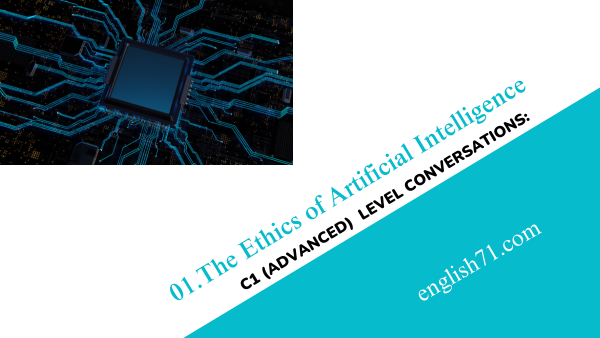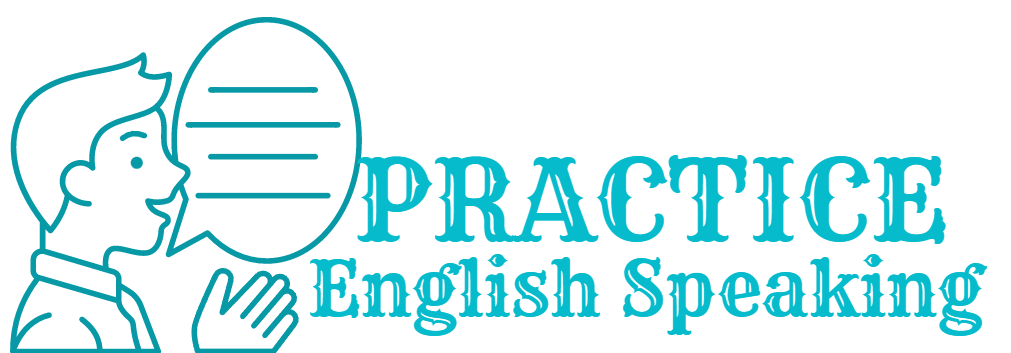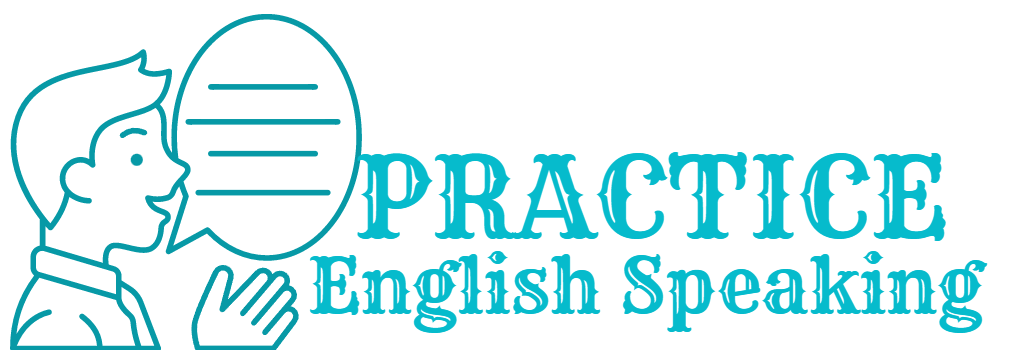C1 (Advanced) level Conversations: (1) The Ethics of Artificial Intelligence

Aiswarya: Hi Neon, have you been keeping up with the latest discussions on the ethics of artificial intelligence (AI)?
Neon: Hey Aiswarya, absolutely! It’s such a fascinating yet complex topic. What specific aspects of AI ethics are you interested in?
Aiswarya: Well, I’ve been reading about the ethical dilemmas surrounding AI decision-making, especially in autonomous systems. The idea that machines can make decisions with potentially significant consequences raises many ethical questions.
Neon: That’s a crucial point. The concept of moral agency and responsibility in AI is quite contentious. Should AI systems be held accountable for their actions, especially if they cause harm?
Aiswarya: Exactly. And then there’s the issue of bias in AI algorithms, which can perpetuate discrimination and inequality. How do we ensure fairness and impartiality in AI systems?
Neon: It’s a challenging task, considering that AI learns from data, and if the data itself is biased, the AI’s decisions will reflect that bias. We need robust mechanisms for detecting and mitigating bias in AI algorithms.
Aiswarya: Agreed. And what about the ethical implications of AI in privacy and surveillance? With the increasing use of AI-powered surveillance technologies, there are concerns about invasion of privacy and loss of autonomy.
Neon: Absolutely. Balancing the benefits of AI-driven surveillance for public safety with the protection of individual privacy is a delicate ethical dilemma. We need clear regulations and guidelines to ensure responsible use of such technologies.
Aiswarya: I also find the discussions around AI and job displacement quite intriguing. While AI can enhance productivity and efficiency, it also has the potential to disrupt industries and lead to unemployment for many.
Neon: It’s a valid concern. As AI technology advances, it’s essential to consider the socio-economic implications and implement policies to support workers affected by automation. We should aim for a future where AI augments human capabilities rather than replacing them.
Aiswarya: Definitely. Ethical considerations should be at the forefront of AI development and deployment. Transparency, accountability, and inclusivity are essential principles that should guide the ethical use of AI.
Neon: Absolutely, Aiswarya. It’s crucial for policymakers, technologists, and society as a whole to engage in ongoing dialogue and collaboration to ensure that AI advances align with ethical values and contribute positively to humanity.
Aiswarya: Well said, Neon. The ethical dimension of AI is complex and multifaceted, requiring interdisciplinary approaches and continuous reflection. It’s a journey that we must navigate with care and responsibility.
Neon: Couldn’t agree more, Aiswarya. Thanks for this insightful conversation. It’s always enlightening to discuss such important topics with you.
Aiswarya: Likewise, Neon. Let’s continue to stay informed and engaged in the discourse on the ethics of artificial intelligence. Our perspectives and actions can shape the future of AI in profound ways.



Summary:
Aiswarya and Neon engage in a comprehensive discussion on the ethical implications of artificial intelligence (AI). They touch upon various aspects, including AI decision-making, bias in algorithms, privacy concerns, job displacement, and societal impacts. Both acknowledge the complexity of the topic and emphasize the importance of transparency, accountability, and inclusivity in AI development and deployment. They stress the need for ongoing dialogue and collaboration among stakeholders to ensure that AI advances align with ethical values and contribute positively to humanity. Overall, their conversation highlights the critical need for ethical considerations in shaping the future of AI.

